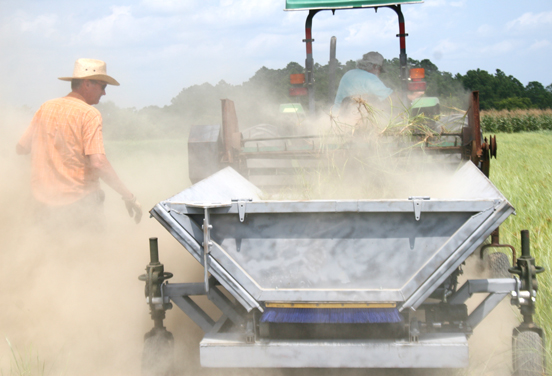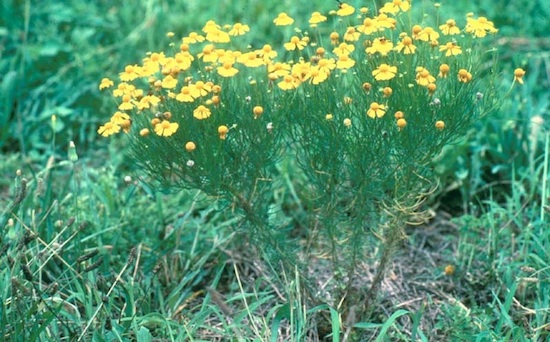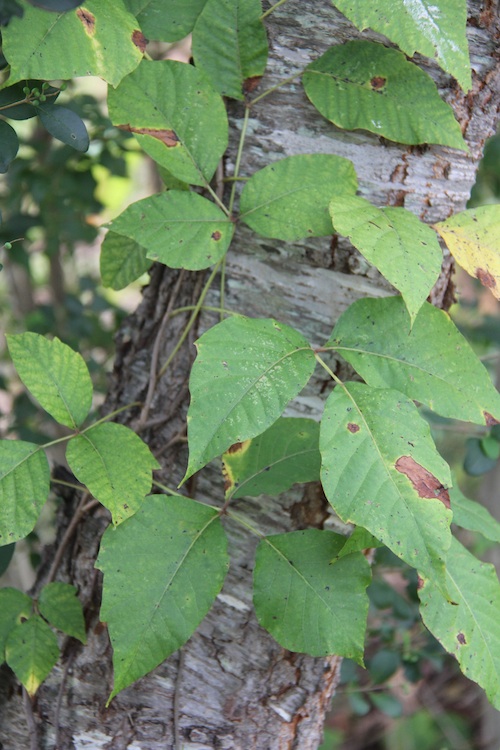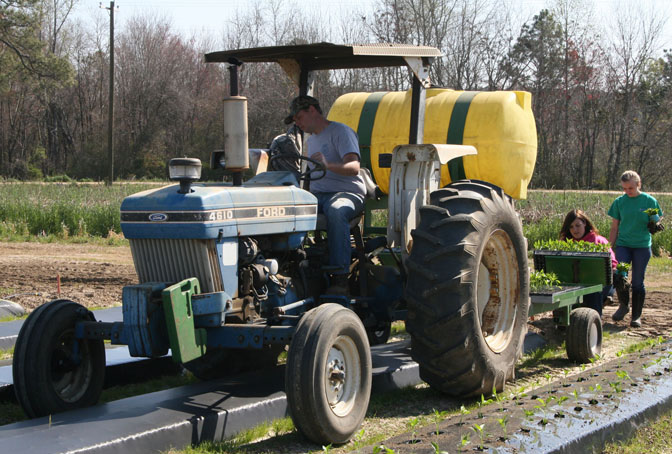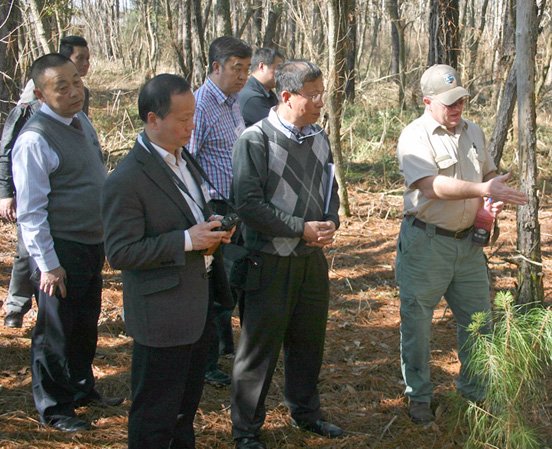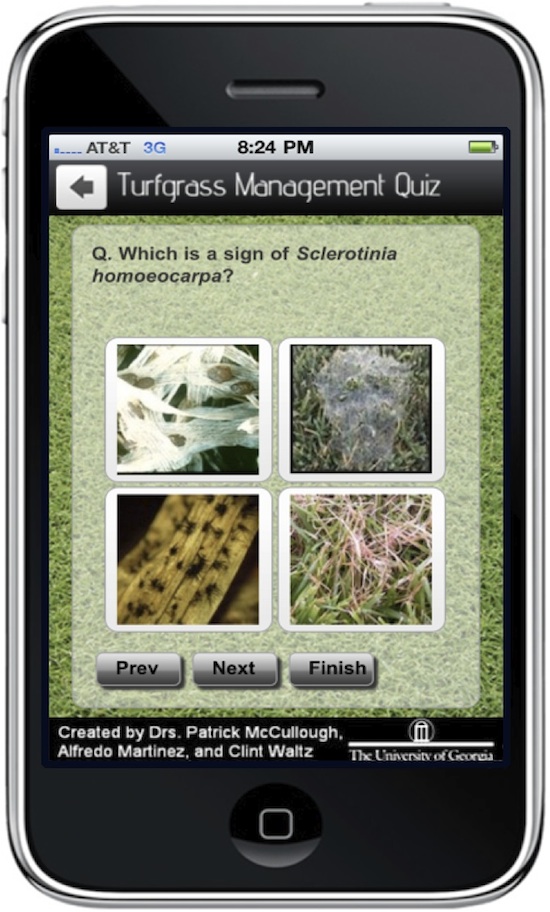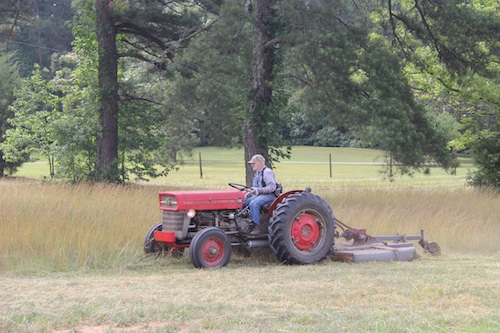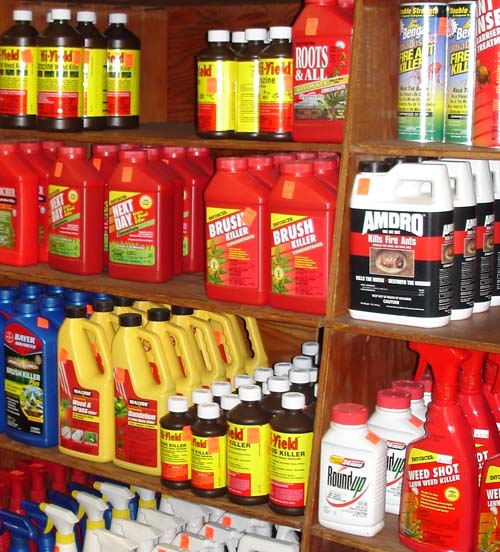 CAES News
CAES News
Pesticide Collection Day
Georgia residents can safely dispose of old pesticides, herbicides, fertilizers and other chemicals at the Clean Day, set for Thursday, Nov. 12, from 9 a.m. until 3 p.m. at the Brooks County Extension office in Quitman, Georgia.


